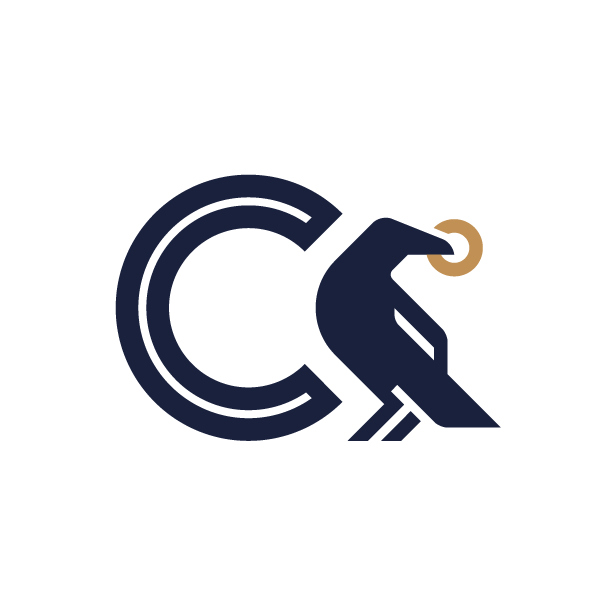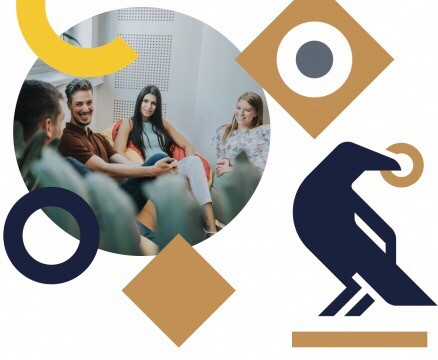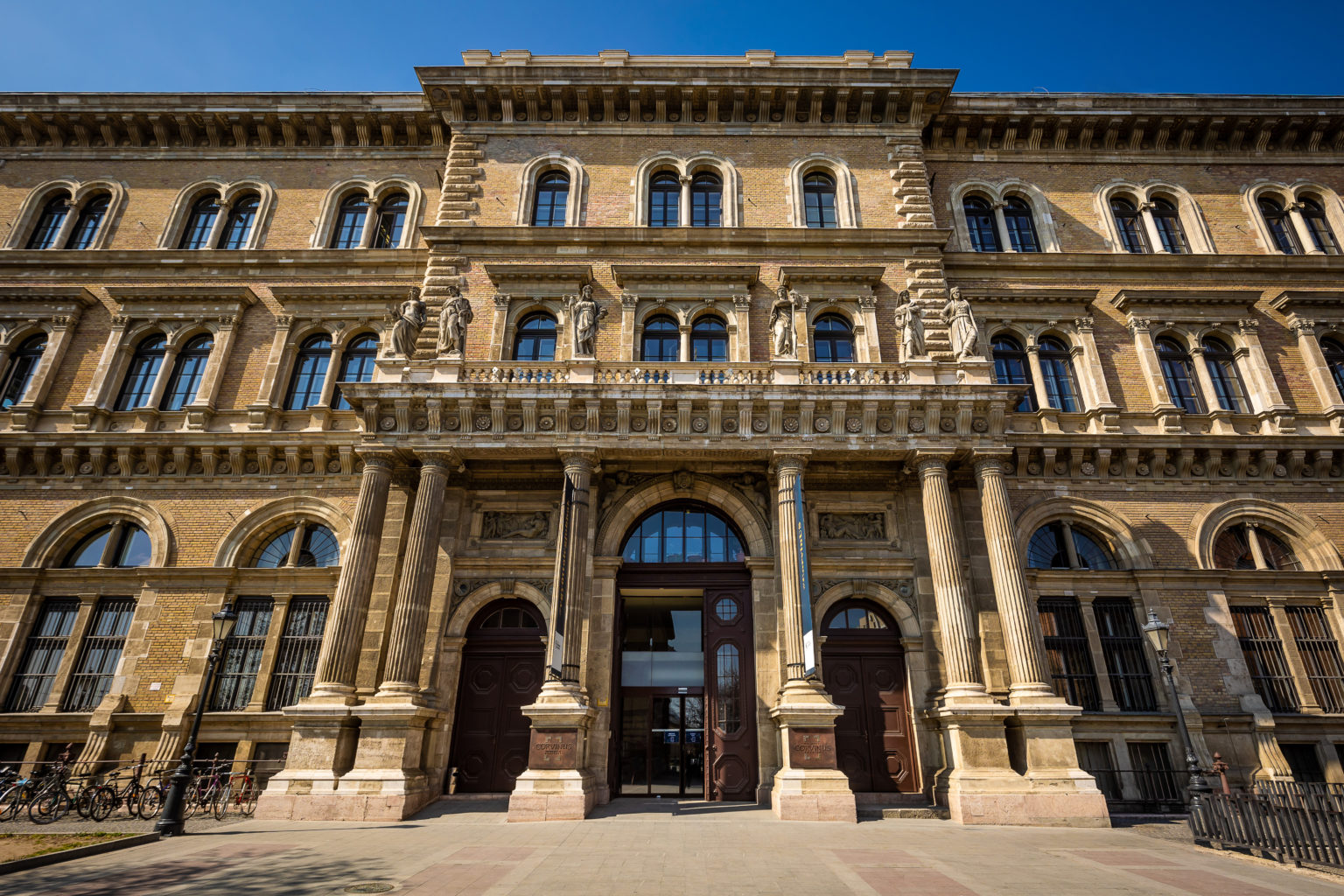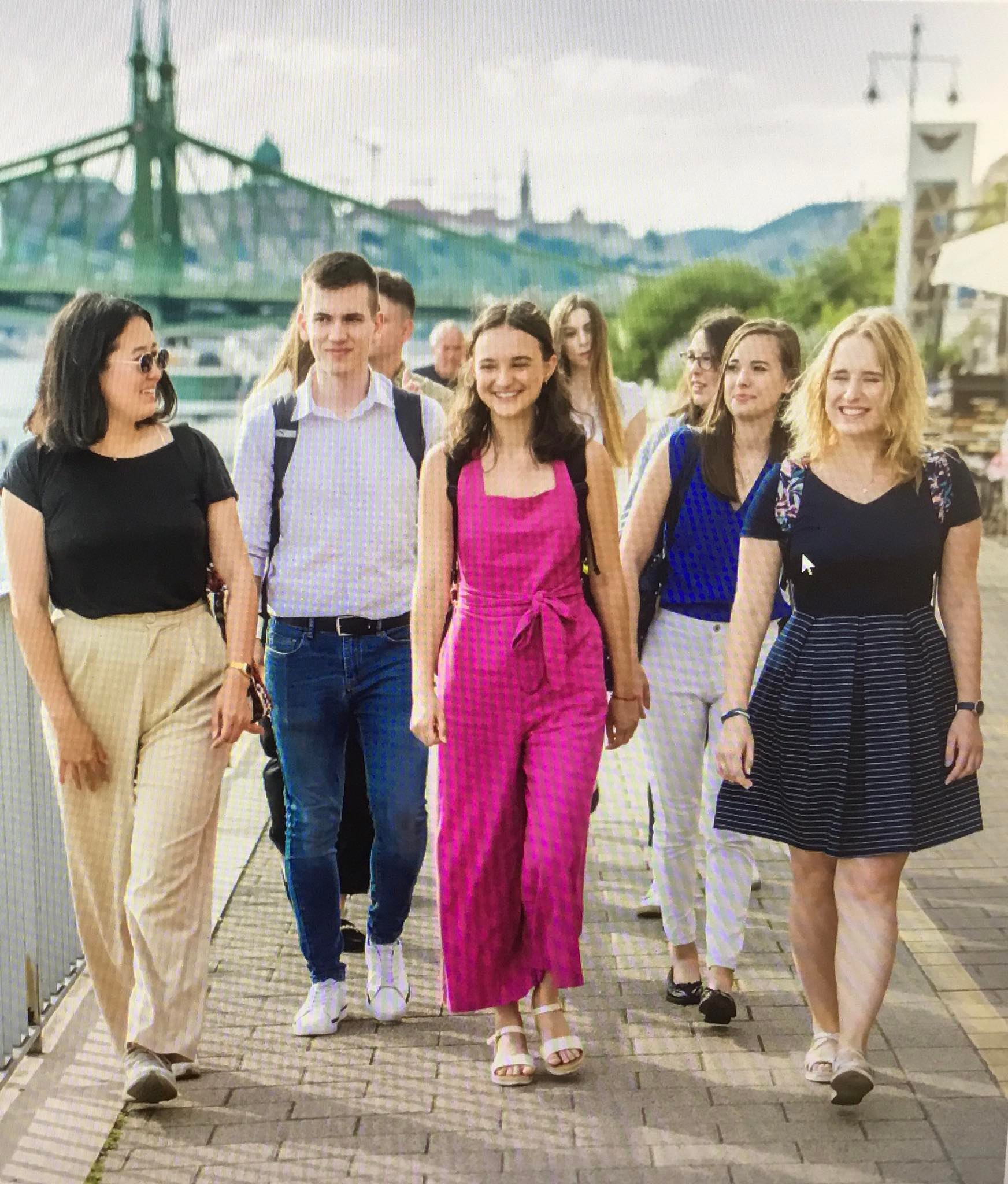For Current Students
Lecturers’ Office Hours – Spring Semester 2023/2024
Alumni Mentor Program
As part of our Alumni Mentoring Program, students are mentored by professionals who have graduated at least 5 months previously from the Corvinus Master of Business Development Program. In addition to establishing a personal relationship, selected students can gain insights into career opportunities within specific disciplines, industries, and companies, ask professional questions, participate in joint professional programs, and build their network of contacts.
Throughout the program, mentors support the business or career decisions of students as well as personal development as counselors. Working together means regular consultation in person (e.g. 1-2 hours per month) and virtually.
The aim of the program, which began in the autumn of 2018, is to channel the professional knowledge and experience of CUB alumni located in the labor market into the current education system, thus creating a realistic professional image of students and transferring practical knowledge from the employer’s vantage point.
Student academic work
Demonstrators
The Institute of Operation and Decision Making’s demonstrator scheme focuses on talent management for students. It also aims to create a community in each academic year in which demonstrators, with the support of the Institute’s faculty and fellow demonstrators, can find their own areas of interest, whether they are related to research, teaching or organisational tasks that serve their personal development.
As in the academic year, the demonstrator programme is divided into semester cycles, linked on the one hand to the subjects taught at the Institute in the semesters and to the research in progress or in preparation, and on the other to the organisation of the academic and other events taking place in the current semester.
The period for applying for demonstrator positions falls during the final examinations of the autumn and spring semesters. You can apply for a demonstrator by submitting an application via Neptune.
Pillars of the demonstrator activity: 1. education, 2. research, 3. organisation of community and professional programmes and events
Demonstrators are actively involved in the Institute’s daily life at various points. However, their role varies according to their grade and their existing experience. Our Institute colleagues will endeavour to work together with students on challenging tasks and problems appropriate to their knowledge, skills and interests. These tasks are drawn from a very wide range of areas. They are predominantly related to key activities in higher education, in particular teaching.
Education-related activities:
- Involvement in the teaching of subjects taught by the Institute
- Curriculum development
- Compilation of teaching aids
- Examination-related tasks
Research-related activities:
- Involvement of Institute staff in research projects, related TDK writing
- Planning, supporting and facilitating own research ideas
Activities related to the organisation of community and professional programmes and events:
- Organising TDK competition
- Organising internal workshops
- Organising conferences
- Organisation of internal workshops Organising internal workshops
- The aim of our demonstrator scheme is to support the talent development of full-time students at Corvinus University of Budapest. The aim of this talent management is to contribute to the success of the university student, to a successful university student’s life. It involves students actively seeking and building relationships with colleagues and fellow students at the Institute.
Students who are connected to the Institute are encouraged to deepen, develop and summarise their knowledge on a particular topic. The final goal of the academic work is to participate in the Scientific Student Conference. The professional development of the demonstrators may be linked to university lecturers or research programmes.
Overall:
- Dare and can make a long-term commitment (plan) to our institute
- Desires to develop professionally, to train with other demonstrators, which will be an advantage in his/her academic and professional career
- Plans to play an active role in the teaching process, contributing ideas to the preparation of the course and contributing effectively to a specific topic, becoming more and more involved and diversified from one year to the next
- Achieving success in research, encouraging the writing of a TDK thesis or contributing to research
- Successfully represent your university in various national and international competitions belong to a professional and friendly community of people who value continuous learning and like to help others
- The Demonstrator Scheme embraces the building blocks that are the pillars of the Demonstrator Scheme: volunteering, engagement, support for teaching and research, self-learning, development, support and outreach.
The Demonstrator scheme and the work carried out within the Institute is based on volunteering. Students want to learn and it is their responsibility to decide the depth of their involvement in the work of the Institute and how they integrate this into their own learning and development. Experience suggests that the personal relationship (both with teachers and students) developed during the period of the Demonstration can be seen as one of the most important ‘building blocks’ for successful joint work.
The importance of student self-learning and personal professional development, which is an important sustaining element of the demonstrator activity, is reflected throughout the whole academic year. The framework and milestones of the work are provided by the personal relationship with the tutor and fellow students, with the tutor having the strongest orienting influence. Joint professional and social events provide an opportunity for personal contact. The closest links are usually between the tutor and the demonstrators working as a team under the wing of the same tutor.
Together, these building blocks ensure the successful vision of our demonstrators. The fact that the demonstrator system has a long tradition at the Institute, as one of the founding institutes, is a solid basis for this, as it was here that this form of collaboration first appeared at the University. This is partly the source of the diversity of experience that provides a strong basis for involving students, defining tasks that can be carried out jointly with students, and solving problems together. Students themselves are active and internal members of this valuable community. It is in line with our aim to have a student associated with us for a shorter period of time. Yet we believe that the more responsibility a demonstrator can take on, and of course the more experience he or she has, the more complete the learning and development curve that can be achieved.
The working supervisors of the institutional demonstrator scheme:
E épület, 128
Phone: +36 1 482 5554 • Ext: 5554
E épület, 145
Talent management
Study competition
At our institute, we organise a study competition for our students in the undergraduate subject of Activity Management. The history of the competition dates back to 2008, which was held annually until 2016. To revive this tradition, students will be able to test their skills again from autumn 2022. The competition covers the entire spectrum of the subject of Activity Management and is conducted in several rounds, during which students have to solve complex business problems. In addition to the variety of cases, there is a strong emphasis on developing writing and analytical skills and presentation skills. For further information and questions please contact Zsolt Matyusz.
Contact
E épület, 123.2
Phone: +36 1 482 5520 • Ext: 5520
TDK
The TDK work encourages students to learn the basics of scientific research and to delve into the literature of their chosen field by discussing a narrow topic. We also advertise topics for the TDK thesis, but here the student’s choice and the knowledge and experience gained in the Institute’s research programmes play a greater role. The deadline for applications for the University TDK conference is usually the end of February. Submitted papers are assessed by two referees and an oral presentation is given, usually in early May. The authors of the best papers will represent their universities at the biennial national TDK (OTDK). The departments of our institute announce the topics individually, which can be found on the official website of the TDK (http://tdk.uni-corvinus.hu/). On the website you can also find important information (e.g. deadlines) about the current year’s competition. If you have any further questions or problems, please contact János Kiss and László Csató, the TDK coordinators of our institute, personally or by e-mail.
Contact
E épület, 123.2
Phone: +36 1 482 5261 • Ext: 5261
E épület, 122
Notable alumni
- Mihály Pinczi (company founder, iTrend)
- Balázs Lévai (company founder, EngAme)
- Viktor Novák (company founder)
- Gábor Fodor-Papp (company founder, Family Finances)
- Szite Hajnal Tünde (company founder, EatAware)
- Gergő Vári (company founder)
- Kriszta Dancsuly and Márton Kiss (companyfounders, Mohány és Páfra)
- Kreisz Marcell (company founder, Lion’sLocker)
- Richard Zsurka (analyst, X-Ventures)
Contact
E épület
Phone: +36 1 482 5562









